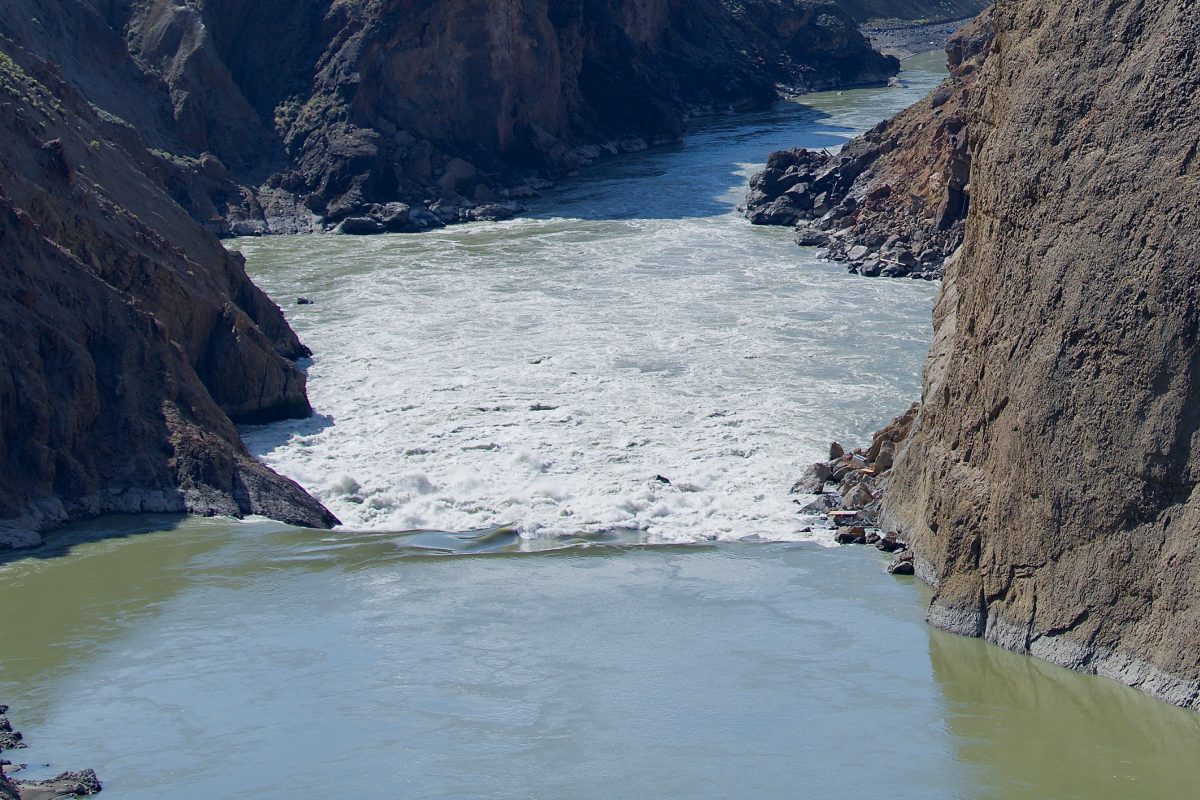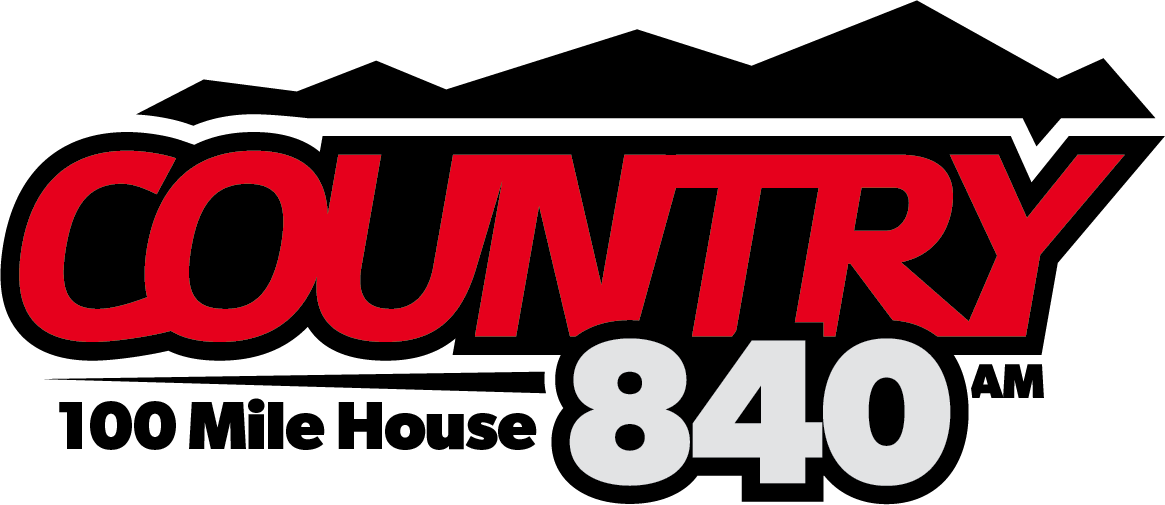First Nations continue to sound the alarm on what is being called an escalating crisis at the Big Bar Slide site along the Fraser River.
The Tsilhqot’in Nation says it had learned in early November that instream work had not yet taken place to restore natural fish passage at all water levels and that there is the high possibility that DFO will not have conducted the work necessary to mitigate the slide before the 2020 salmon runs.
This prompted the Nation to write to the Minister of Fisheries, Oceans and the Canadian Coastguard, urging immediate action be taken to mitigate the slide, including drilling and blasting runs.
Tribal chair of the Tsilhqot’in National Government, Chief Joe Alphonse said Friday they have not received any new update from DFO and the last he had heard was that DFO was citing they had to be thoughtful of spawning fish sites.
“Right now they need to planning and there’s a small window right in January/February that they will have access that will have minimal effect,” Alphonse said.
“If they’re concerned about that having that slide debris still in the river is going to have a more detrimental effect on overall salmon stocks all along the Fraser River, so there’s a small sacrifice that has to made then make that sacrifice. That’s my advice to DFO, but right now they continue to be quiet about the issue and we have to continue to raise the issue to draw attention to it to force them to try to get something done.”
The Province of BC and Federal Government of Canada said in a joint update posted on Nov. 6 that while the majority of the 2019 Fraser salmon migration has now concluded, continued sustained efforts will be required in the short and long-term, possibly even into years ahead, to reduce the impact of the landslide on future salmon stocks.
“Work is also ongoing to finalize the scientific evaluation of the success of the measures taken during the emergency response and to identify lessons learned for future implementation. This is Phase 2 of the response,” the update stated.
“The majority of winter construction is expected to happen prior to the spring freshet, while water levels are expected to be at their lowest. The freshet is anticipated to begin in March. This will bring increased water levels and velocity back to the slide area, making it difficult to safely continue any instream construction works.”
Both governments say they are fully aware of the high stakes involved and that the Fraser River is one of the largest salmon producers in the world with more than 140 First Nations in B.C. annually licensed to fish Fraser salmon for food, social and ceremonial purposes.
If required in-river work is not conducted within the limited low-water season, this winter, the Tsilhqot’in Nation says natural passage will not be restored in time for the 2020 salmon runs.
This would result in massive negative implications for the salmon runs that are central to the Tŝilhqot’in traditional practices, including Chilko and Taseko sockeye, and critically threatened Chilcotin Chinook, Chilcotin Steelhead and Interior Fraser Coho.
Something going on in the Cariboo you think people should know about?
Send us a news tip by emailing [email protected].










